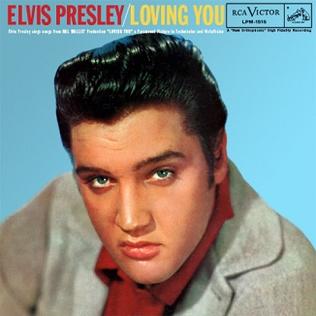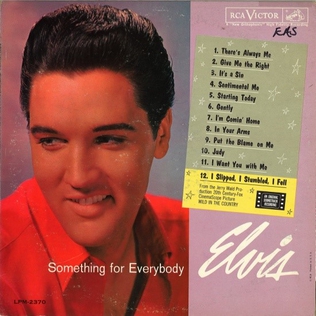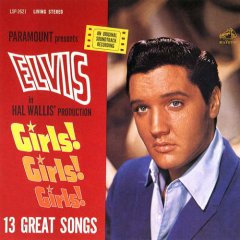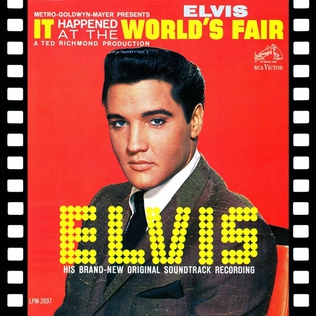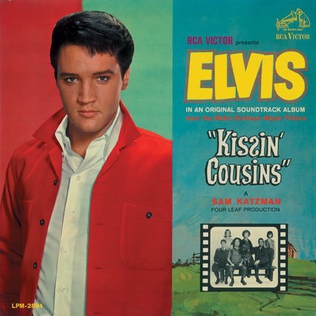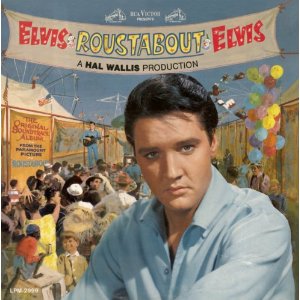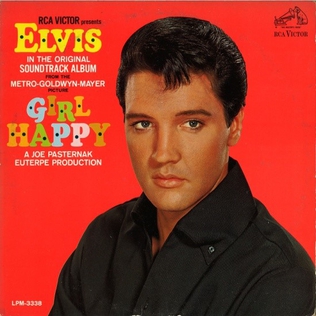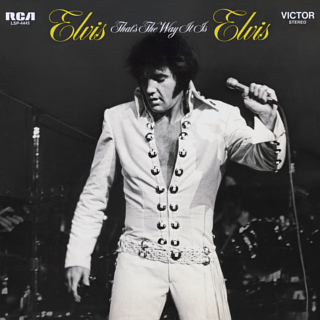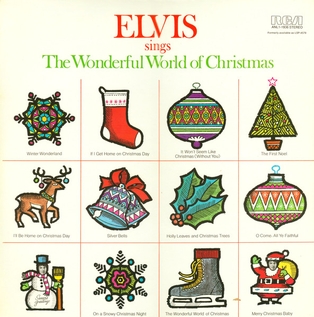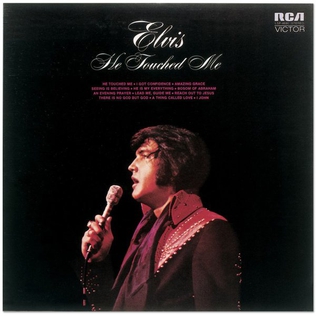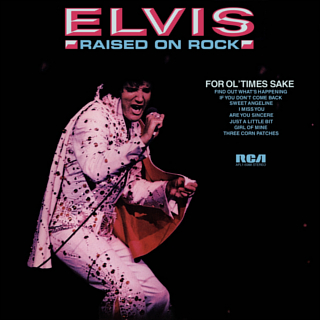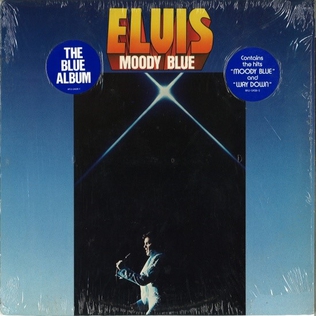About "Teddy Bear"
"(Let Me Be Your) Teddy Bear" is a popular song first recorded by Elvis Presley in 1957 for the soundtrack of his second motion picture, Loving You, during which Presley performs the song on screen. It was written by Kal Mann and Bernie Lowe and published in 1957 by Gladys Music.
Top songs by Elvis Presley
 Jailhouse Rock
Jailhouse Rock Hound Dog
Hound Dog Always On My Mind
Always On My Mind And I Love You So
And I Love You So Blue Moon
Blue Moon A Big Hunk O' Love
A Big Hunk O' Love Bridge Over Troubled Water
Bridge Over Troubled Water Blue Christmas
Blue Christmas Blue Suede Shoes
Blue Suede Shoes Spanish Eyes
Spanish Eyes Are You Lonesome Tonight?
Are You Lonesome Tonight? Love Me Tender
Love Me Tender Suspicious Minds
Suspicious Minds My Way
My Way Return To Sender
Return To Sender In The Ghetto
In The Ghetto It's Now Or Never
It's Now Or Never Amazing Grace
Amazing Grace Can't Help Falling In Love
Can't Help Falling In Love Crying In The Chapel
Crying In The Chapel Blue Hawaii
Blue Hawaii The Wonder Of You
The Wonder Of You Devil In Disguise
Devil In Disguise Don't Be Cruel
Don't Be Cruel Blueberry Hill
Blueberry Hill Don't Cry Daddy
Don't Cry Daddy Bossa Nova, Baby
Bossa Nova, Baby Viva Las Vegas
Viva Las Vegas All Shook Up
All Shook Up Burning Love
Burning Love Proud Mary
Proud Mary Aloha Oe
Aloha Oe
"Teddy Bear" video by Elvis Presley is property and copyright of its owners and it's embedded from Youtube.
Information about the song "Teddy Bear" is automatically taken from Wikipedia. It may happen that this information does not match with "Teddy Bear".
SONGSTUBE is against piracy and promotes safe and legal music downloading. Music on this site is for the sole use of educational reference and is the property of respective authors, artists and labels. If you like Elvis Presley songs on this site, please buy them on Itunes, Amazon and other online stores. All other uses are in violation of international copyright laws. This use for educational reference, falls under the "fair use" sections of U.S. copyright law.




